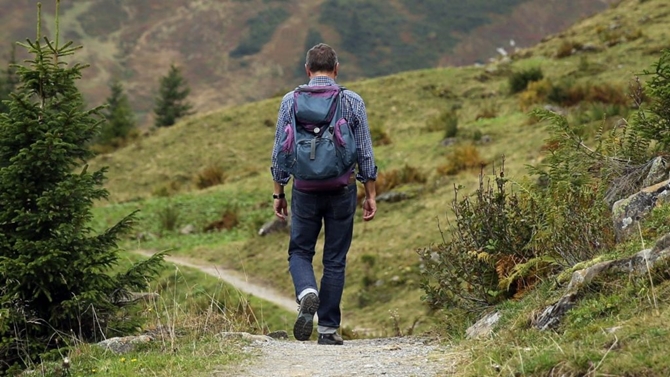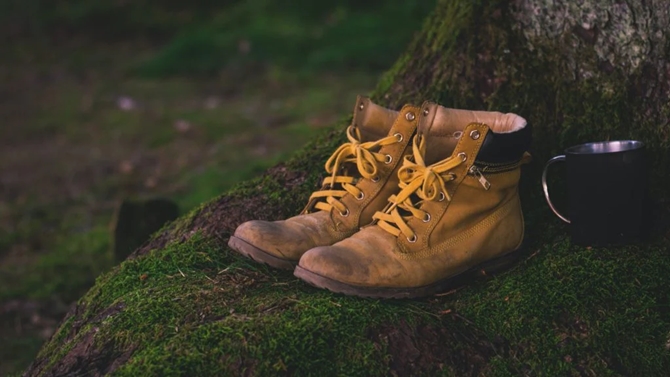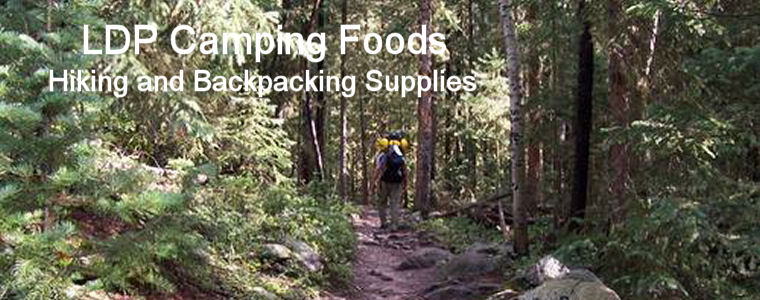We all love spending time in the great outdoors,
there is nothing so refreshing as taking a break from bustling city life
to get back to nature.
However, as with holidays, it is important to do some
research on where you're going, and who is going to be there!
Snake species are not the most unfriendly local you
may encounter on your holiday, but they can prove deadly if trifled
with.
There are five key mistakes people often make when
campers encounter snakes, and five things to try to do instead.
Tip #1 - Do your research!
Most incidents happen when campers run into snakes
unprepared. Knowing where you are going and what species live there is
very useful information to have on hand.
Venomous snake species in the United States include
rattlesnakes, copperheads, water moccasins, and coral snakes. Doing your
research by contacting a local biologist to ask about species in your
area. Alternatively, use the national parks website to see what snakes
are in your area.
Beyond knowing what snakes are about, it is important
to know where you might encounter them. By avoiding these areas, you may
be able to avoid an encounter altogether.
Taking a field guide on your walk with you is another
useful hack - it allows you to I.D. species as you encounter them as
opposed to trying to remember them!
Tip #2 - Stay to assigned trails/camping areas

Snakes do not tend to like busy areas and so staying
on the busy trails means you are less likely to encounter one.
Where possible, avoid areas that go through long
grass as these will be the favorite spots for snakes. You should also
endeavor to avoid hot and rocky areas or particularly sandy patches, as
this is another favorite hang out for snakes.
If you absolutely have to stray off the beaten track,
it is best to carry a hiking stick (or even just a long stick) to check
the ground in front of you is safe to step!
Equally, when looking to a place to pitch your tent,
try to avoid the areas described above. Stick to main public campgrounds
as much as possible. If you must camp in more rural areas, aim for open
areas that are not under trees or near any long grass, sand, or rocky
areas.
Tip #3 - Dress for the occasion

Wearing the correct clothes to prevent a snakebite
can be a crucial tactic. Avoid walking around the campsite barefoot or
in open-toed shoes, instead wear closed-toed covered shoes. Similarly,
avoid wearing short pants, instead opt for long, loose trousers.
If you are hiking alongside your camping, you should
opt to wear fitted, sturdy walking shoes as these will provide you the
most protection.
Tip #4 - What to do in an emergency

Though you can do all you can to prepare, emergency
situations do happen, and a bite may occur. It is important in these
situations not to panic and to seek help immediately, as this is where
common mistakes are made.
Historic advice is to attempt to suck out the poison
yourself. However, doing this is one of the biggest mistakes you can
make, it doesn't work, and it will just transfer the venom to a
different person or a different part of the body.
You should NOT attempt to make a tourniquet as this
can cause nerve damage. Do NOT attempt to cut at the bite to increase
blood flow, as this also does not work and can cause the person to bleed
out.
Instead, you should first try to remain calm, or help
the bitten person to remain calm. Keeping calm will reduce your heart
rate and thus decrease the rate at which the poison travels around your
body. If you like, you can press a light compression bandage to cover
the bite, as some believe this can slow the spread of the venom.
You should attempt to ID the snake, as this will be
vital information for paramedics and doctors to have. It may also be
useful to note the time of the bite.
You should return to your vehicle as quickly and
calmly as possible and drive to the local hospital. Call ahead to the
paramedics to let them know you're coming so they can prep the necessary
antivenom.
Depending on where your
focus is, a situation may arise where you are not aware that you have
been bitten. Symptoms of a snake bite include pain and burning, followed
by swelling and blistering. Other symptoms included nausea, vomiting,
and numbness, or tingling around the mouth, fingers, and scalp. These
will of course vary depending on the species
of snake that bites you. If anyone
in your camp is showing any of these symptoms, seek medical help
immediately.
Tip #5 - Appreciate Snakes
Snakes are a force of
nature and it's important you treat them as such! Seeing a snake in the
wild is a rare experience and can be extremely rewarding if handled the
right way. A common mistake is to approach a snake, which can end in a
bite.
Experts believe that on spotting a snake, you should
stay at least three feet away as snakes usually cannot strike more than
the length of half their body.
If you wish, you can take some pictures (from a
distance) or you can simply sit and watch. If you wish to move away, do
so slowly and carefully, as there may be other animals in the area.
Conclusion
Snakes are a gorgeous reptile that should be treated
with the respect that you would reserve for any other predator.
Giving these animals space is the easiest way to
avoid a bite. Understanding where you might encounter one and sticking
to public trails is also an excellent tool. Finally, having an emergency
plan and knowing where your nearest hospital is a crucial last resort.
About the Author
Johnathan David is the author of EverythingReptiles.com and has been a
reptile hobbyist since childhood. He has years of experience in
herpetoculture and personally keeps gargoyle geckos, a blue tongue
skink, and poison dart frogs.

